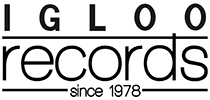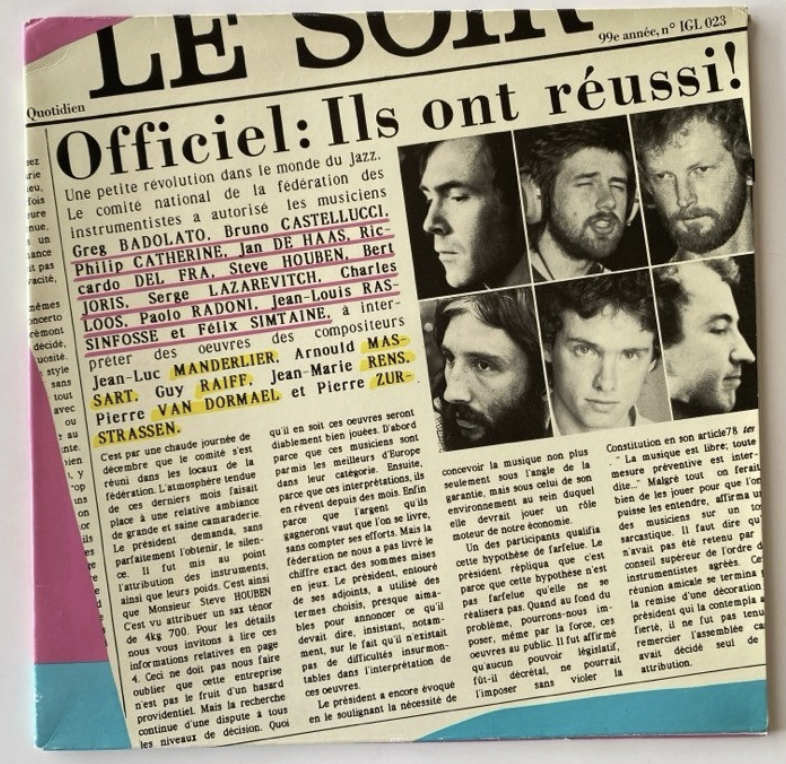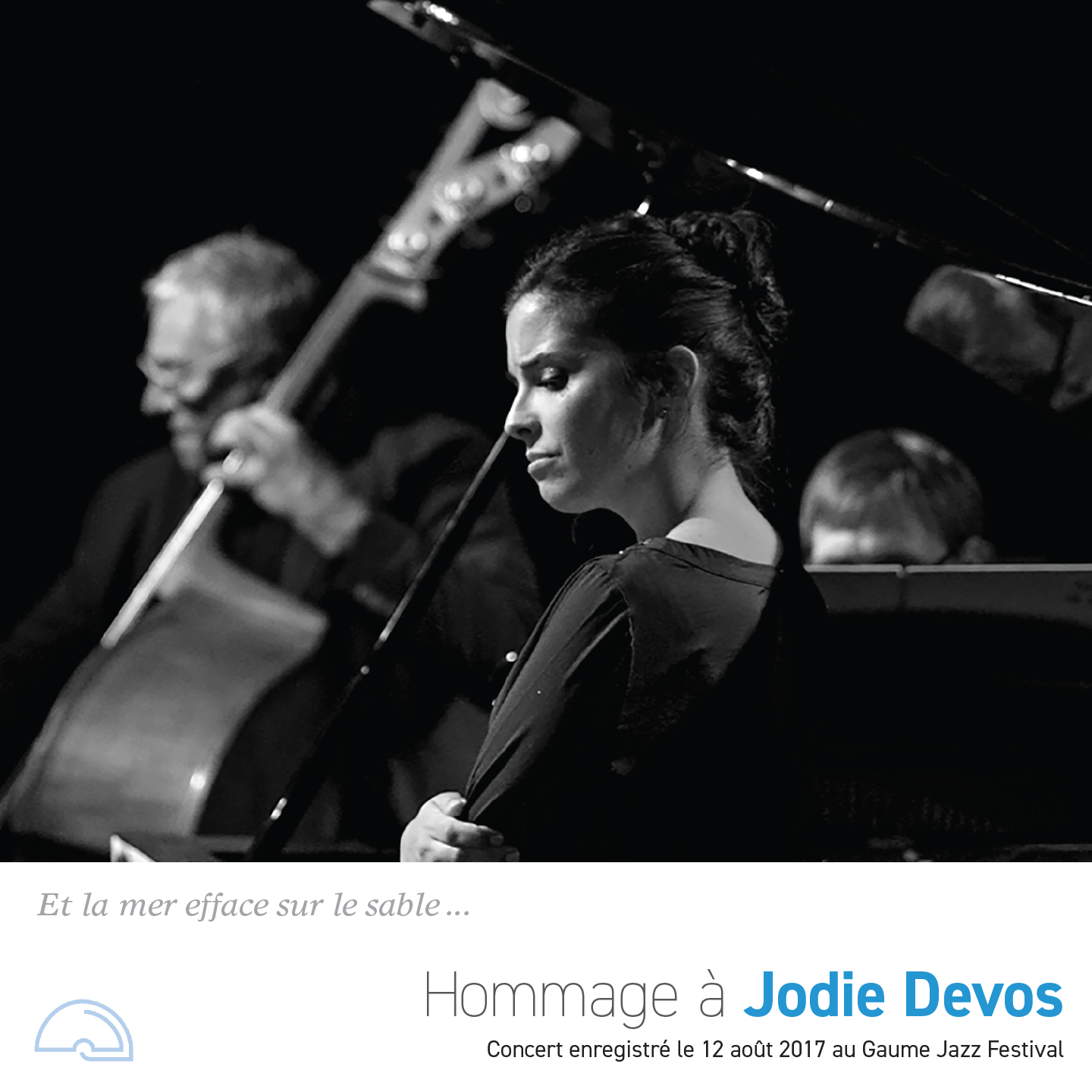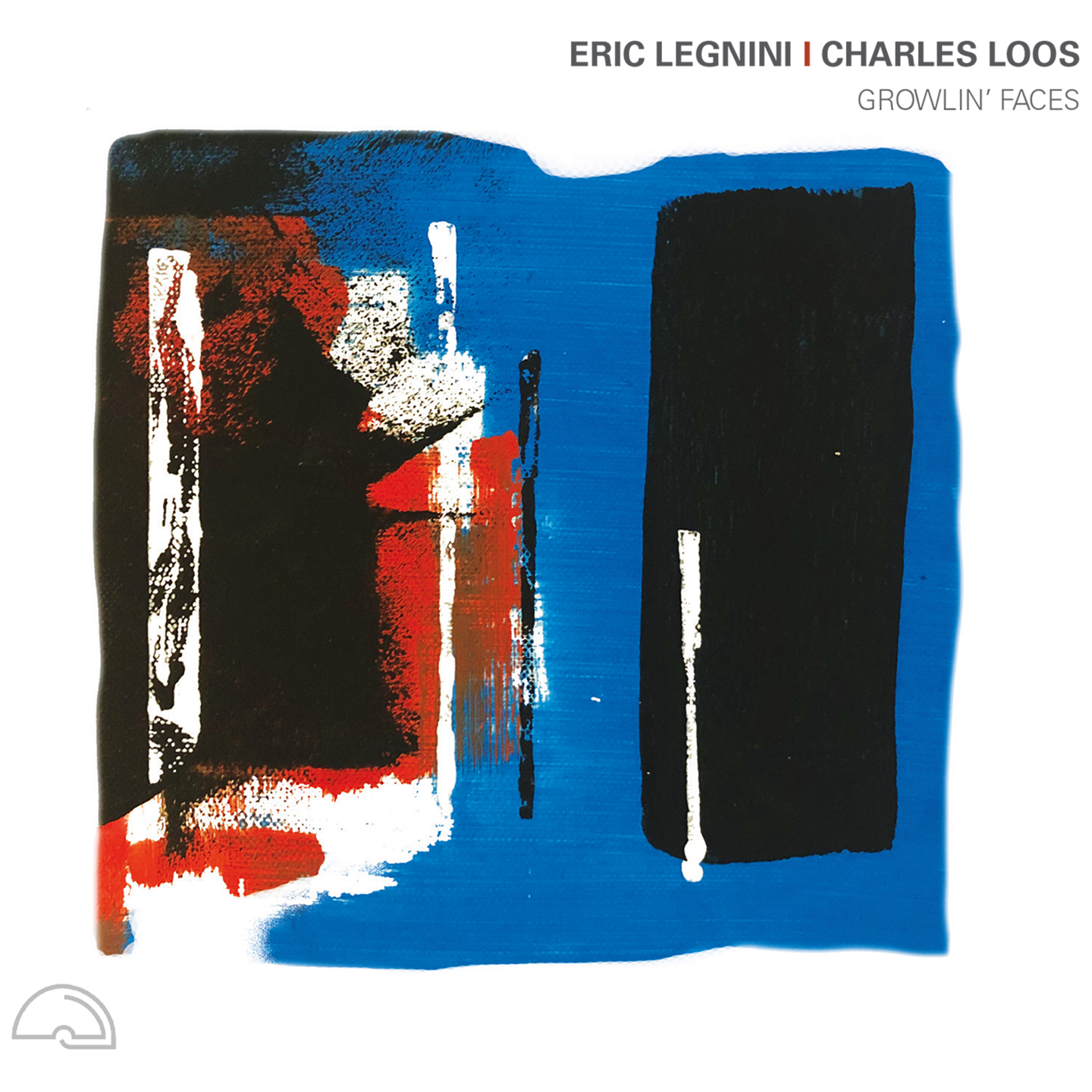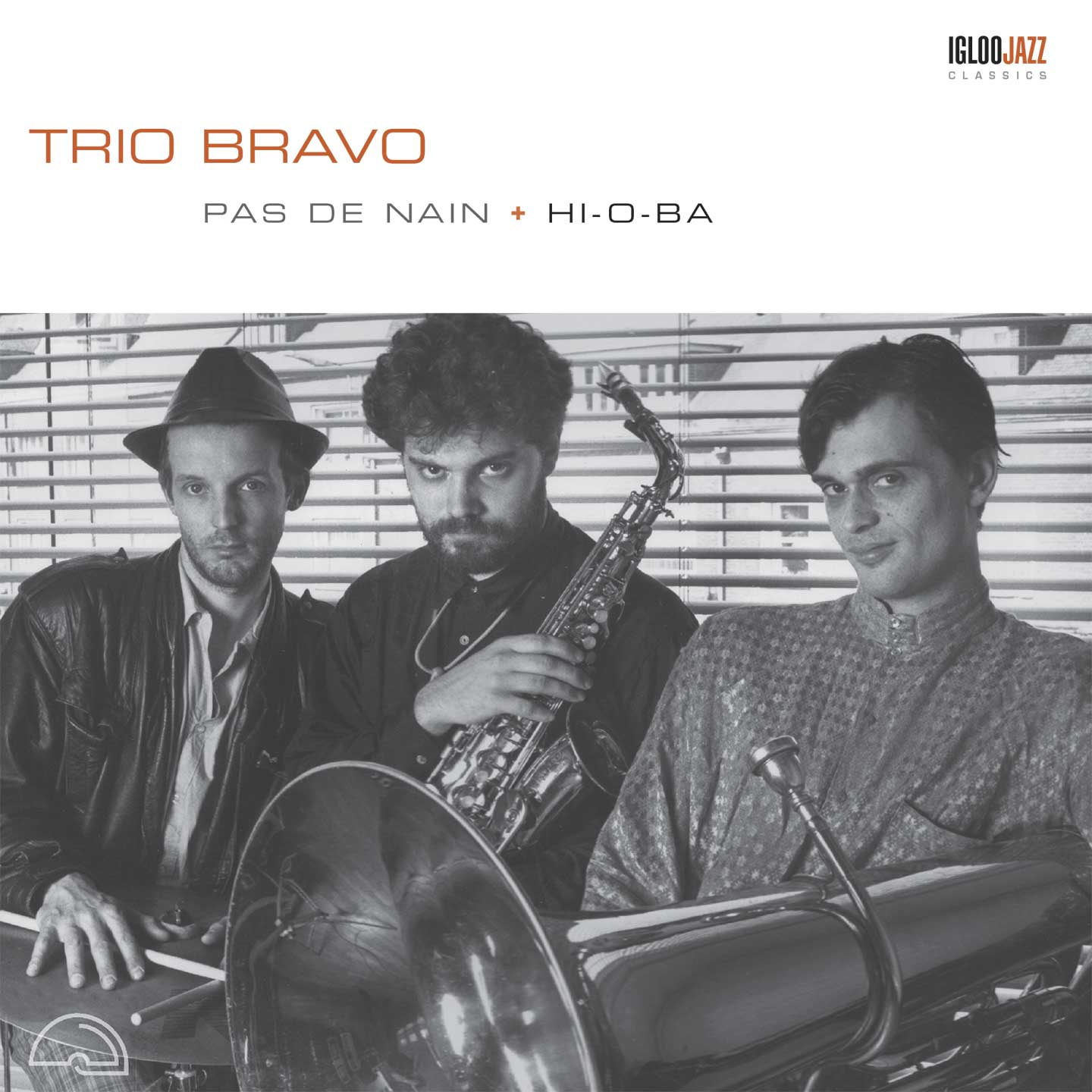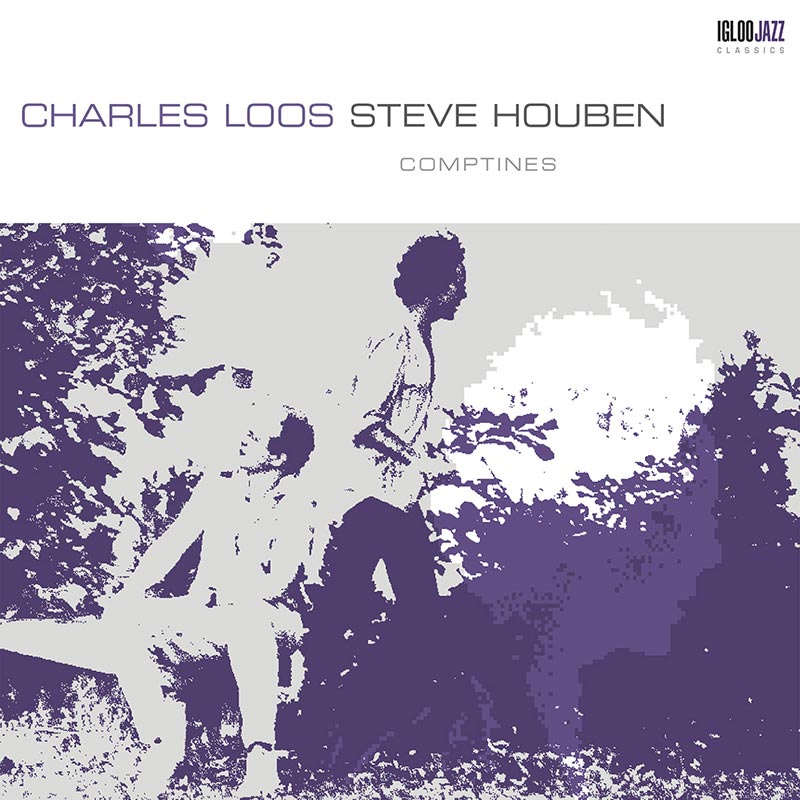
Since their first gig as a duo in the early 1980s, the musical complicity between Steve Houben and Charles Loos has never wavered. 35 years after recording the ‘Comptines’ album, the Jazz classics collection of Igloo is reissuing it, completed by new recorded versions.
Read more
It’s hardly surprising that in a country the size of Belgium, the paths of these two artists would eventually cross each other. They first met on stage and later, in 1982, in the Studio Igloo in Brussels. With no other witness than the sound engineer Daniel Léon, they recorded the vinyl LP “Comptines (Counting Rhymes)”, a collector’s item that was released at the time with reference number Hasard 1002.
On the nine miniatures, the two accomplices support each other and trade licks in a relaxed atmosphere. Loos was already playing with his distinctive, slightly precious, tone. With subtlety, he hemmed the waves of pure, precise sax improvisations, in turns alto, soprano and tenor. Their music fully fit into the new chamber jazz style that had appeared in the previous decade via ECM and to which many European jazzmen aspired. Emblematic of this approach, “Valse de Nuit (Night Waltz)” creates a dreamy, starlit sensation. Time stands still, with the subconscience constantly gliding from wellbeing to melancholy. On “Comptine-Adagio”, the saxes overlap while a synthesizer is subtly used to create an astounding orchestrated effect. Even when burdened with funny or intriguing titles such as “Ça C’est Méchant (That’s Not Nice)”, the music remains graceful, elegant, nostalgic, modest and aware of its deep classical roots, wrapped in a veil that is somewhere between solemn and dreamy, which is also that of the release as a whole. This was the first step of a tandem that would subsequently have a rich career, playing on several occasions as a duo or in other configurations, including trios with flautist Ali Ryerson and singer Maurane, and the Thaïs String Quartet.
The original LP has been completed by four more recent titles. Two of them, “Catherine En Campine” and “Just A Jazz Waltz” were recorded during a concert in Liège’s prestigious philharmonic hall. With Loos on organ this time, the music is certainly more austere. But these new colours also bring the music a more dramatic dimension. As for the last two pieces, they were recorded at the studio Igloo, but this time in 2016. Listening to them over tea and one of Proust’s madeleines, it is clear that these intimate conversations, begun 34 years ago, have not aged one bit. (Pierre Dulieu)
Read less
Additional information
| Formats | MP3-320, WAV-16BIT, WAV-24BIT, CD |
|---|
